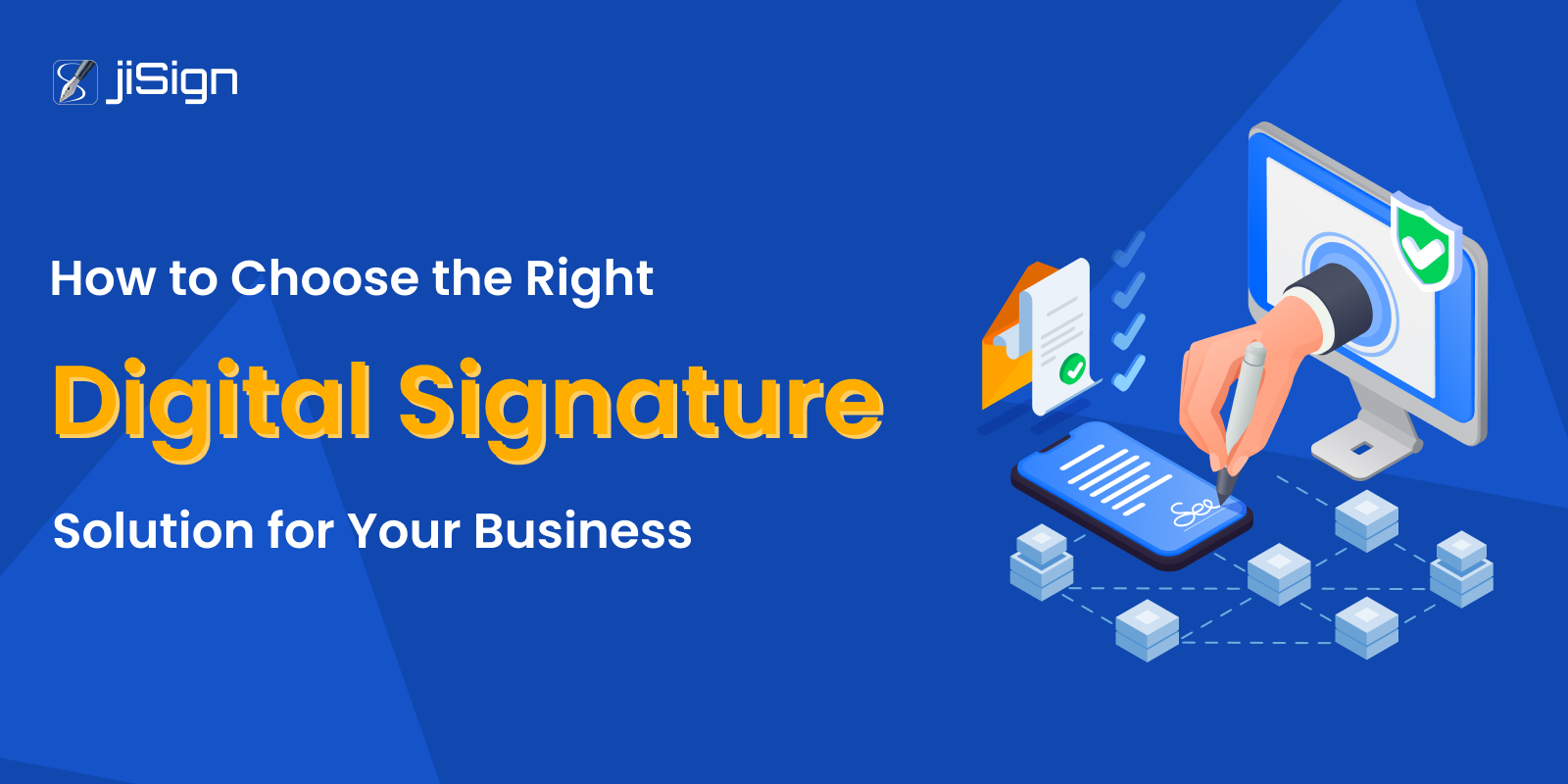In today's digital age, going paperless and streamlining business operations is more crucial than ever. One of the most effective ways to achieve this is by implementing a digital signature solution. However, with numerous options available in the market, choosing the right one can be overwhelming.
In this comprehensive guide, we will walk you through the key factors to consider when selecting a digital signature solution for your business. We'll cover everything from the types of digital signatures and their benefits to the features to look out for in a vendor. By the end of this article, you'll be equipped with the knowledge to make an informed decision and find the perfect digital signature solution for your organization.
Understanding Digital Signatures
Before we dive into the world of digital signature solutions, let's define what digital signatures are. A digital signature is an electronic equivalent of a handwritten signature that verifies the identity of the signer and confirms their consent. There are several types of digital signatures, including:
Electronic Signature (e-Signature): An e-signature is a simple way to obtain a person's consent electronically. It can be used for various purposes, such as signing contracts, agreeing to terms and conditions, or even acknowledging receipts.
Advanced Electronic Signature (AES): An AES is a more sophisticated form of digital signature that uses advanced cryptography techniques to ensure the authenticity and integrity of the document being signed.
Qualified Electronic Signature (QES): A QES is a type of electronic signature that is recognised as legally equivalent to a handwritten signature. It requires a high level of security, authentication, and verification.
Benefits of Digital Signatures
Implementing digital signatures can bring numerous benefits to your business, including:
Increased Efficiency: Digital signatures eliminate the need for physical paperwork, reducing processing times and improving productivity.
Improved Security: Electronic signatures provide a secure way to verify identities and prevent tampering or forgery.
Enhanced Customer Experience: Digital signatures enable customers to sign documents electronically, making it easier for them to engage with your business.
Features to Look Out For in a Digital Signature Solution
When selecting a digital signature solution, consider the following features:
Ease of Use: Choose a vendor that offers user-friendly interfaces and easy-to-use tools.
Security: Ensure that the vendor has robust security measures in place to protect sensitive information.
Integration: Select a vendor that integrates seamlessly with your existing systems and software.
Scalability: Opt for a solution that can grow with your business and accommodate increasing volumes of documents.
Compliance: Verify that the vendor complies with relevant laws and regulations, such as GDPR, HIPAA, or ESIGN.
Conclusion
Choosing the right digital signature solution for your business requires careful consideration of various factors, including types of digital signatures, benefits, features to look out for in a vendor, and top solutions. By following this comprehensive guide, you'll be well-equipped to make an informed decision and find the perfect digital signature solution for your organisation.











Share this post on: